What are the specific requirements for the basic aperture when installing the screw heavy duty shield anchor
2025-07-01Screw Heavy Duty Shield Anchor is widely used in modern construction and industrial construction. Its excellent bearing capacity and reliable anchoring effect make it the preferred solution for heavy-load fixing. As an important part of anchor installation, the foundation aperture directly affects the anchoring performance and safety of the anchor.
Importance of foundation aperture
The foundation aperture refers to the diameter of the hole drilled on the base material (usually concrete, masonry or stone). Accurate control of the aperture is the prerequisite for ensuring that the anchor is firmly installed and the bearing capacity meets the design requirements. If the aperture is too small, the anchor cannot be inserted smoothly, increasing the difficulty of construction and even damaging the anchor structure; if the aperture is too large, the friction between the anchor and the foundation will be reduced, affecting the anchoring effect, causing the anchor to loosen or fail.
Standard aperture specifications
The foundation aperture of Screw Heavy Duty Shield Anchor needs to be strictly controlled according to the anchor diameter and design specifications. Usually, the manufacturer will indicate the recommended aperture range in the product manual. For example, when the anchor bolt diameter is 12mm, the basic hole diameter is generally required to be between 12mm and 14mm, depending on the design structure of the anchor bolt expansion sleeve.
The control of the hole diameter needs to ensure that the anchor bolt can be inserted smoothly and the expansion sleeve can be fully opened. Some high-performance anchor bolt designs allow the hole diameter to be slightly larger than the anchor bolt diameter by 0.5-1.5mm so that the expansion mechanism can work normally and the anchoring force is not affected.
Hole depth requirements
The basic hole diameter includes not only the diameter, but also the hole depth. The hole depth must meet the effective anchoring length of the anchor bolt and is usually slightly deeper than the anchor bolt length. Too shallow hole depth will lead to insufficient expansion of the anchor bolt and insufficient bearing capacity; too deep hole depth will affect construction efficiency and waste drilling time and resources. Generally, the hole depth should be at least 10mm longer than the anchor bolt length to ensure that the anchor bolt is fully embedded and can achieve effective anchoring.
Hole wall quality control
The hole wall quality of the basic hole diameter is also critical. The hole wall should be flat and free of loose particles and cracks. During the drilling process, it is necessary to avoid excessive vibration or heat on the hole wall to prevent the expansion of concrete cracks. After drilling, the dust and debris in the hole should be thoroughly cleaned with compressed air or a brush to prevent foreign matter from affecting the expansion and fixing effect of the anchor bolt.
Drilling equipment and technical requirements
The selection and use of drilling equipment directly affect the accuracy of the aperture. The use of professional electric drills and carbide drill bits can ensure that the aperture size is stable and the hole wall is smooth. The drilling should be perpendicular to the foundation surface to avoid deviation in the aperture or tilting after the anchor bolt is installed, which affects the bearing capacity and structural safety.
Tolerance range of aperture deviation
During the construction process, the aperture inevitably has a certain deviation. The usually allowable deviation range is ±0.2mm to ±0.5mm. If it exceeds this range, it is necessary to re-drill or adjust the anchor bolt model. Strict control of aperture deviation is conducive to ensuring the uniformity and reliability of anchor bolt installation and reducing safety hazards caused by improper installation.
Aperture adjustment for different base materials
The difference in base materials has a certain impact on the aperture. Concrete is usually hard and the aperture control is relatively precise; on materials such as masonry or hollow blocks, the aperture needs to be slightly larger to avoid cracking of the hole wall, and the aperture margin can usually be increased by 0.5-1mm. In addition, the hollow structural material needs to consider the bearing mode of the anchor bolt, select a special hollow anchor bolt and match the appropriate aperture.
The influence of aperture design on the bearing capacity of anchor bolts
The aperture is closely related to the expansion mechanism of the anchor bolt. The appropriate aperture can make the expansion sleeve evenly stressed in the hole, fully expand, increase the anchor friction and mechanical bite force, and thus achieve the best bearing effect. Too large an aperture will lead to insufficient expansion of the expansion sleeve and reduce the anchor strength. Too small an aperture may cause the anchor bolt to deform or fail to install.




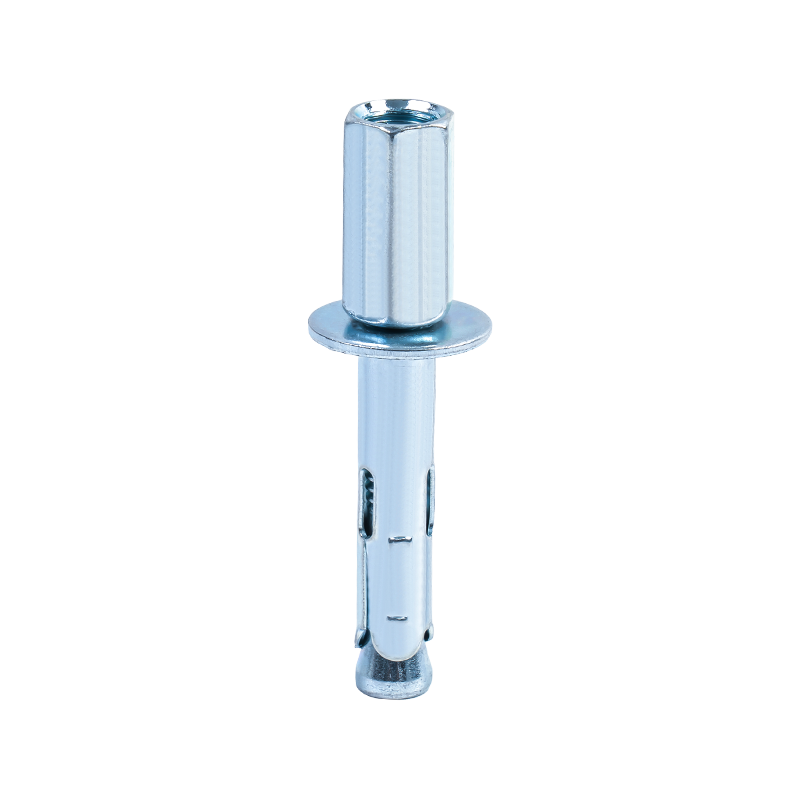
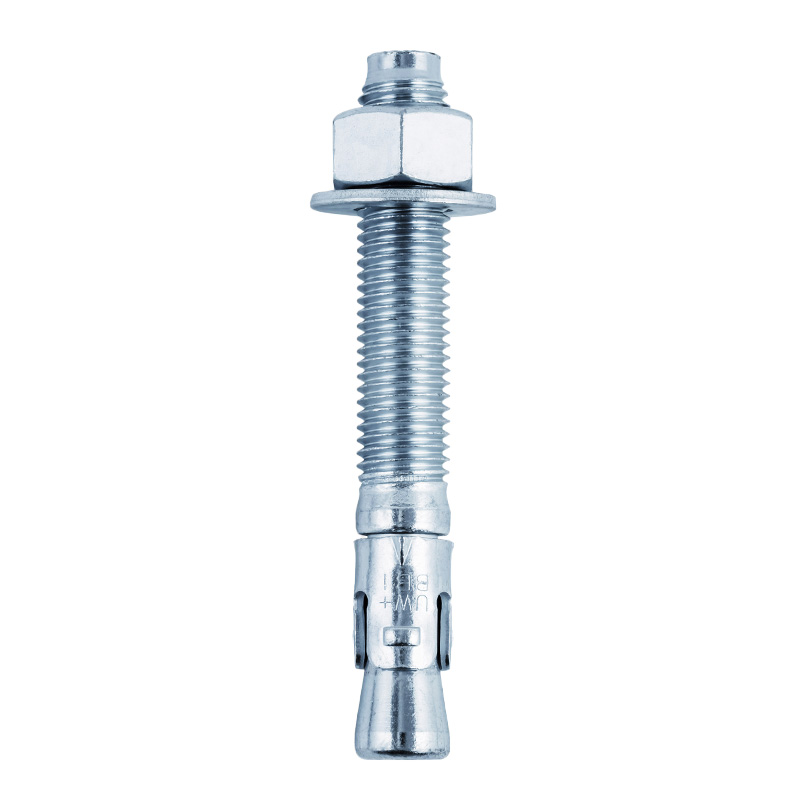
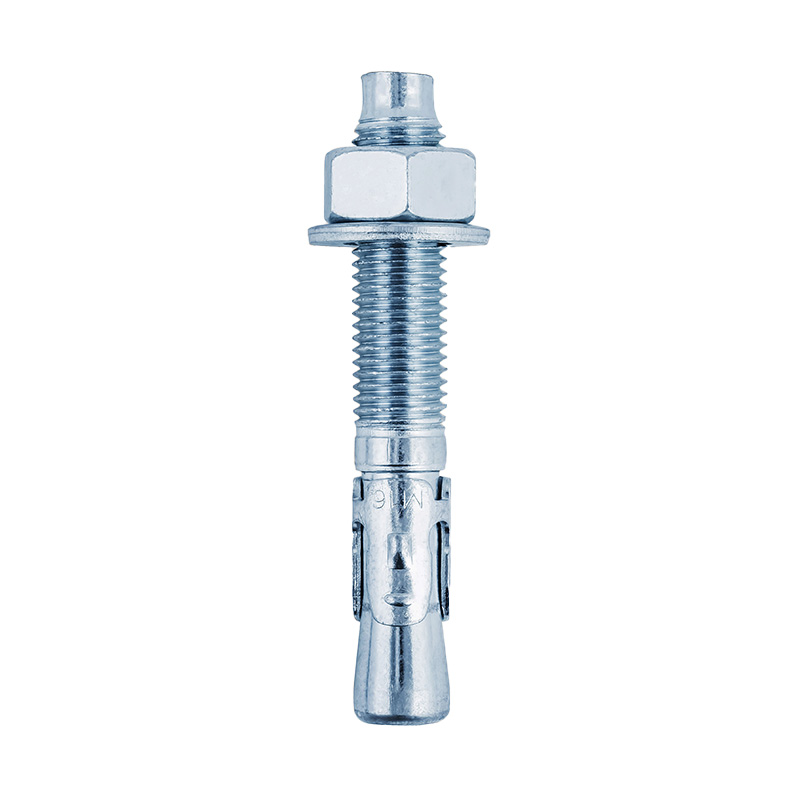
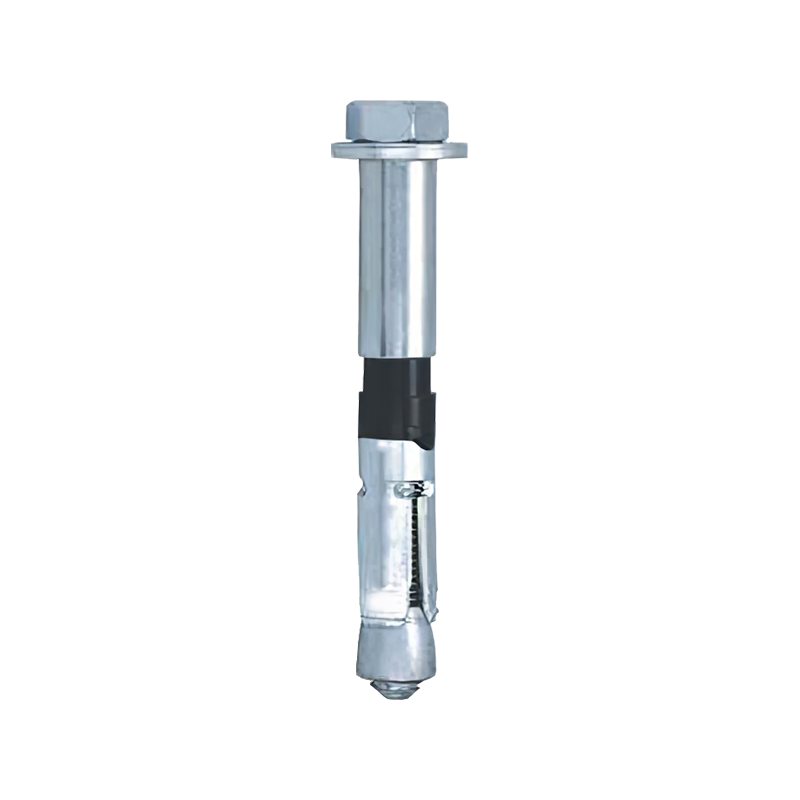
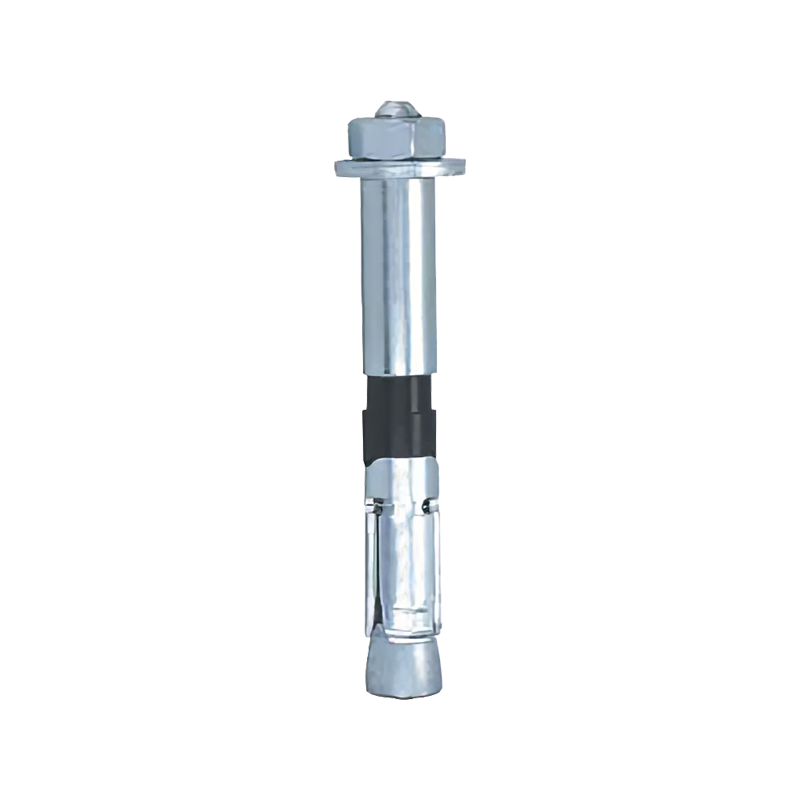
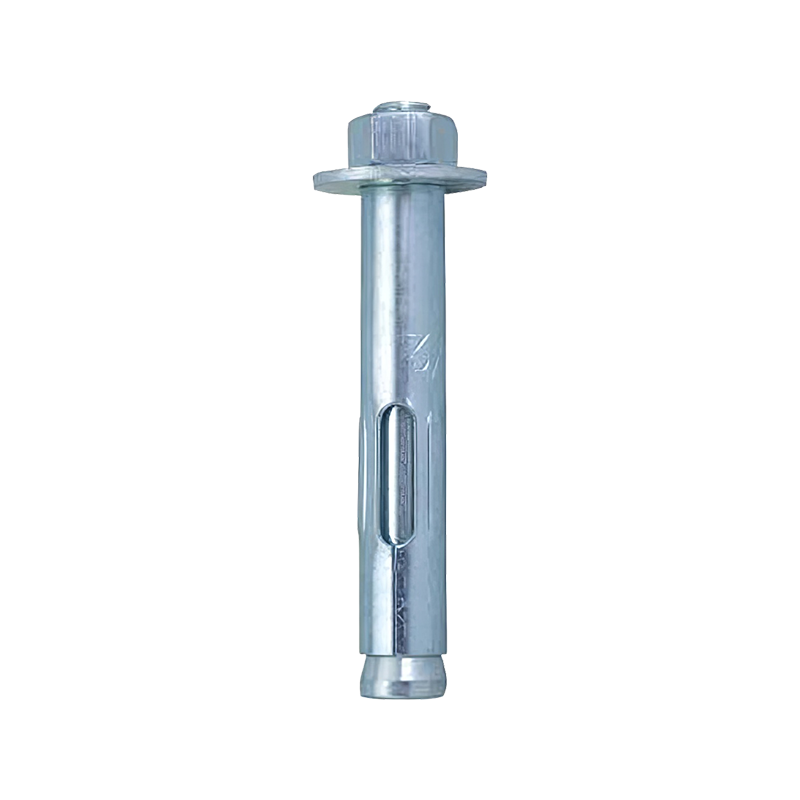
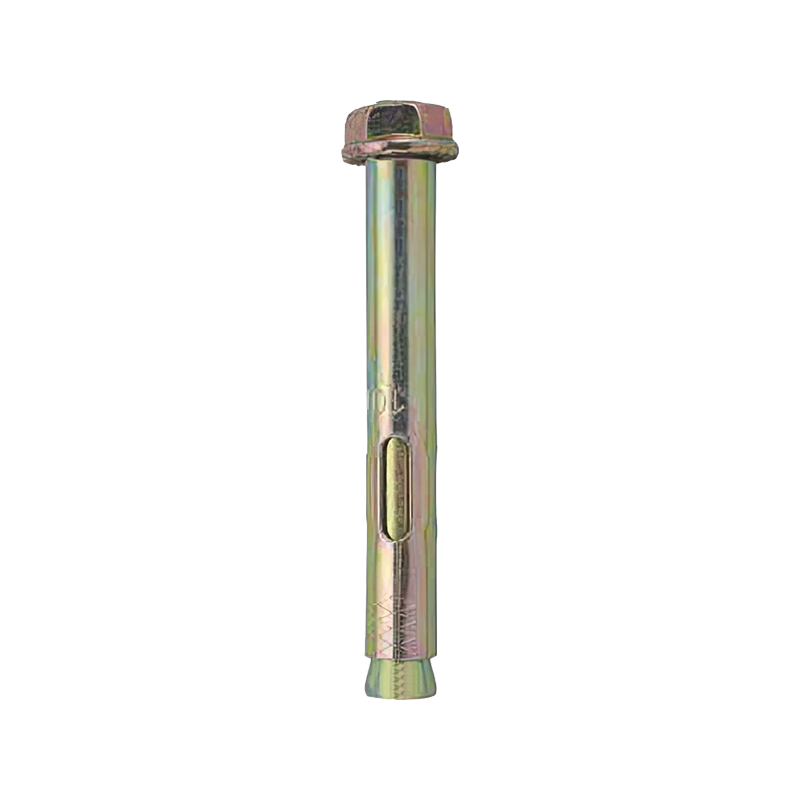

Contact Us